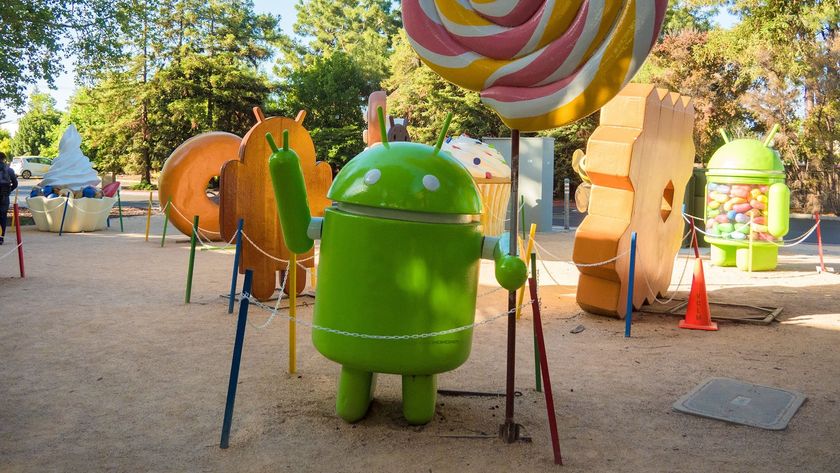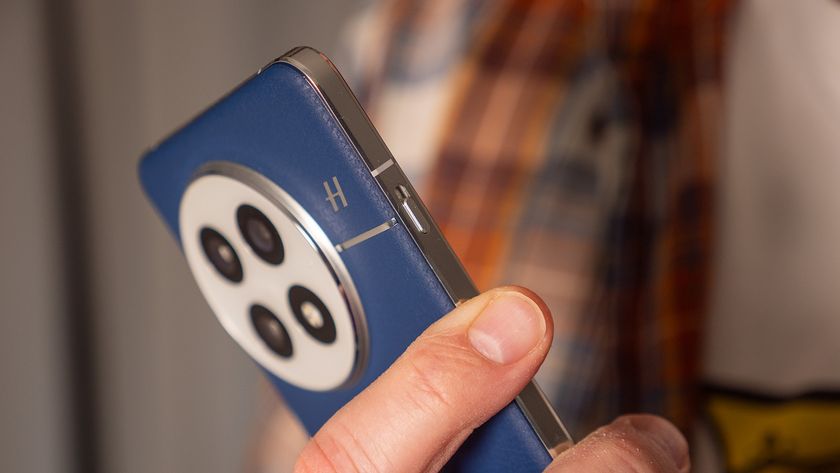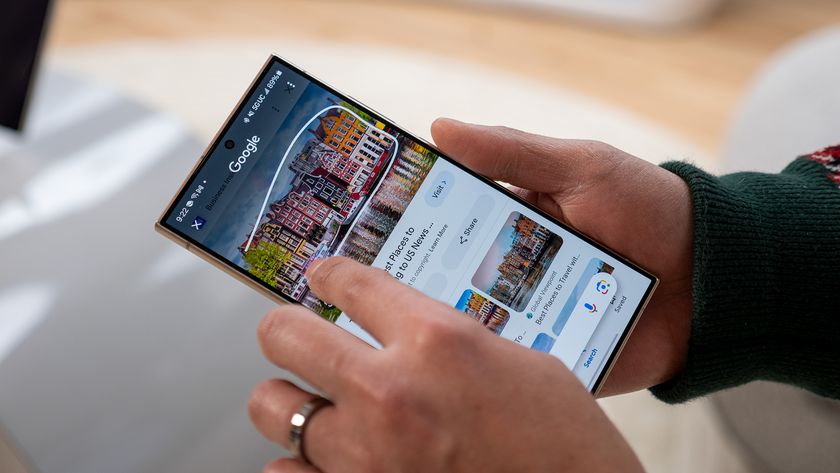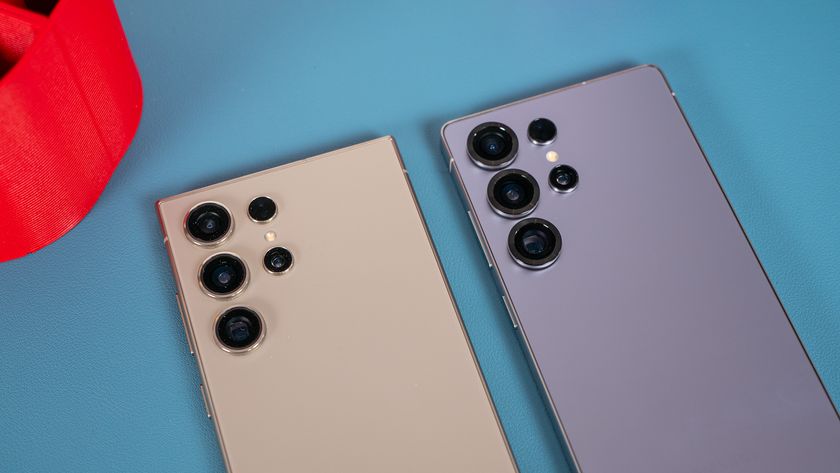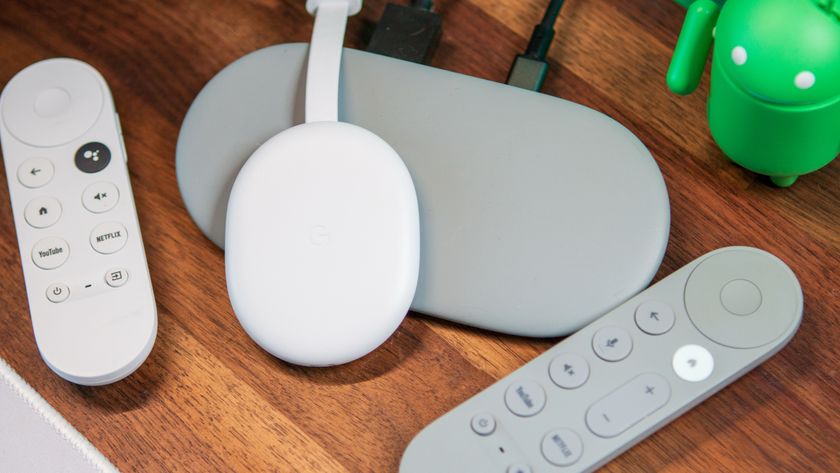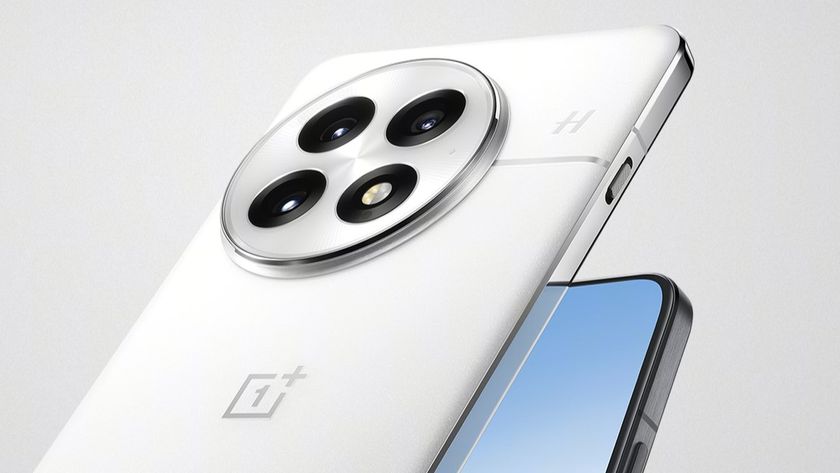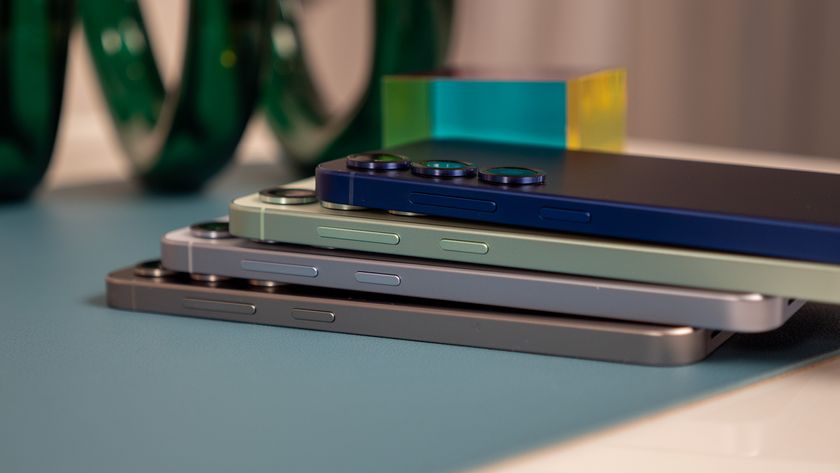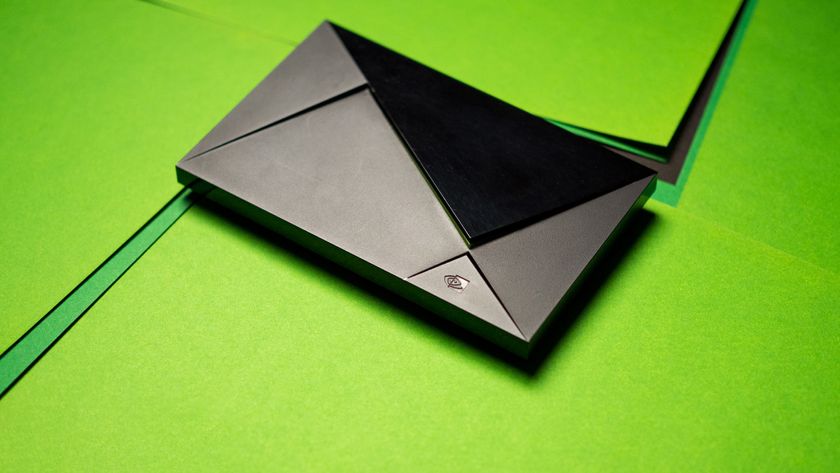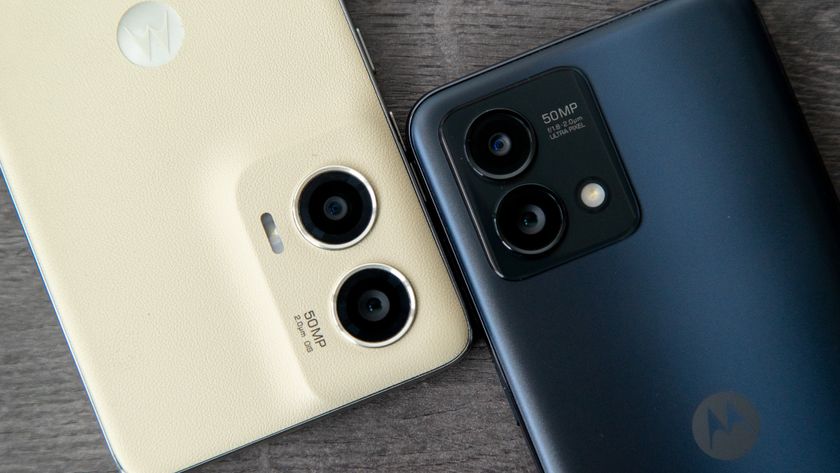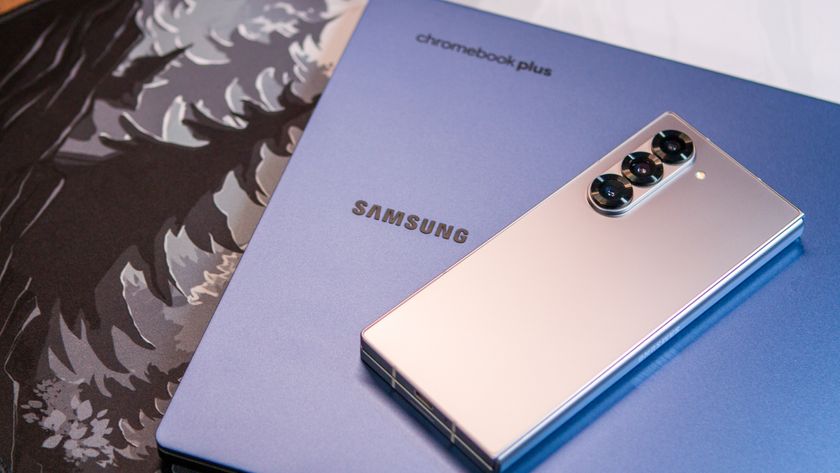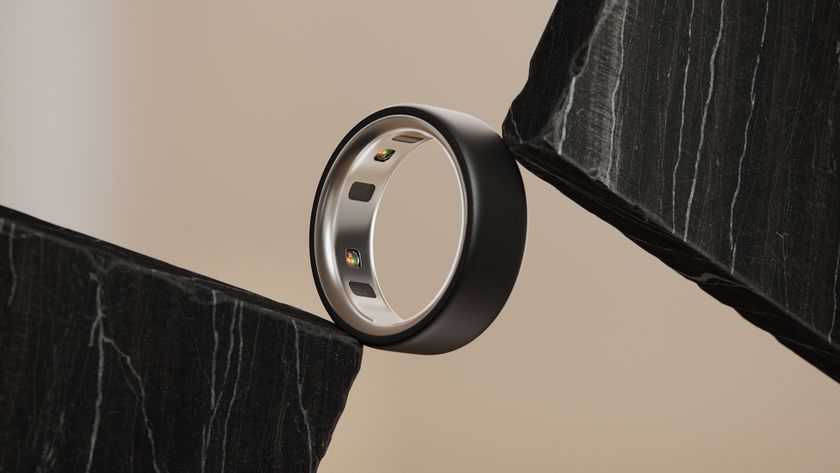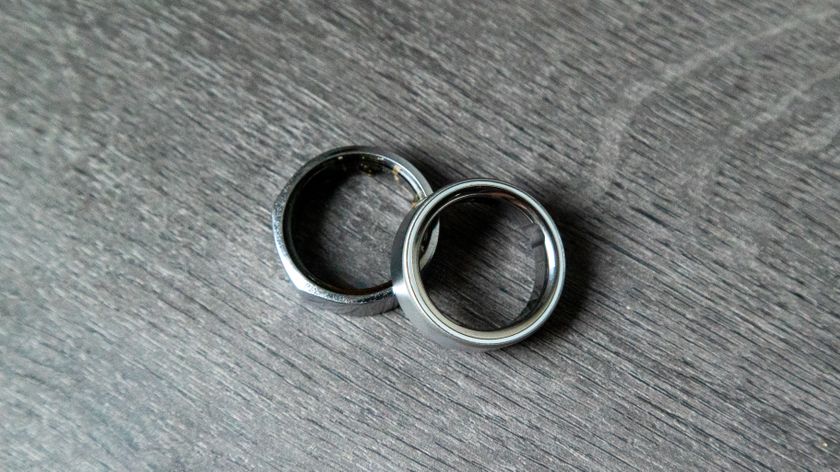Moto G 5G (2023) vs. Samsung Galaxy A14 5G
Looking for a budget phone? The Moto G 5G (2023) and Samsung Galaxy A14 5G are options worth considering.
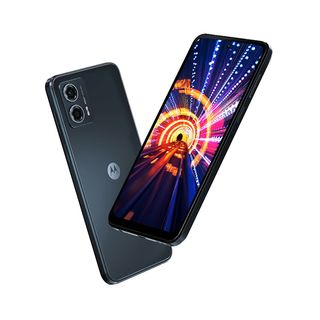
A good first phone
If you’re looking for a first phone for a child or someone who doesn’t need all the bells and whistles of premium devices, the Moto G 5G is a fabulous option for an affordable price. It has impressive features you’d typically only see in higher end phones, like 120Hz refresh rate. While you make some concessions, it’s a reasonably good phone.
For
- Affordable
- Water repellant
- Fast refresh rate for gaming
Against
- Lower resolution screen
- Camera isn't the best
- Only Bluetooth 5.1
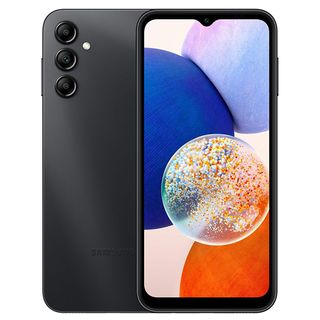
A secondary Galaxy
Ideal for a young child, elderly parent, or someone who doesn’t need all the extras in the most premium devices, the Samsung Galaxy A14 5G offers the benefit of still connecting with the Samsung ecosystem while still coming in at a very affordable price. It doesn’t have top-line specs, but features like an octa-core processor, 6.6-inch HD screen, and triple lens camera system mean it’s a cut above basic.
For
- Affordable
- Triple lens camera system
- High-res screen
Against
- No water resistance
- Only 64GB built-in storage
- Lower refresh rate
When it comes to affordable phones, the Moto G 5G (2023) vs. Samsung A13 5G is a tight race. They both come in at around the same price and offer a similar feature set. These aren’t the most premium phones on the market: they fall into the budget phone category. But if that’s what you’re looking for, for a child’s first phone, elderly parent, or perhaps a secondary or primary device for someone who just needs the basics, both fit the bill. But there are some differences that might sway you towards one versus the other.
Moto G 5G (2023) vs. Samsung Galaxy A13 5G: The looks and the basics
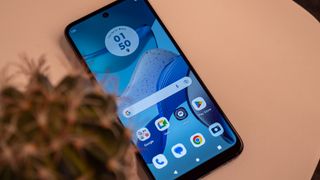
Before delving into the features and functions of these two phones, let’s see how they look.
The Moto G 5G (2023) comes in Ink Blue or Harbor Grey and a 6.5-inch 1,600 x 720 269ppi LCD with an 84% active area-body, meaning the screen extends to the edges of the phone’s bezel. Measuring 6.45 x 2.95 x 0.3 inches and weighing 189 grams, the phone has dual cameras on the back. What’s most notable about the screen is that it offers a 120Hz refresh rate, which will make for a pleasurable experience when gaming, scrolling through websites, and watching high-action movies, TV shows, and sports.
Made of plastic, it’s considered water “repellant,” but keep in mind that it does not meet any IP rating for water or dust resistance. This may likely just mean that a few raindrops or a splash of water might not harm the phone, but you certainly can’t submerge it.
With an up to two-day battery life thanks to the 5,000 mAh battery, the Moto G 5G (2023) comes with 128GB storage but you can increase this to up to 1TB via an optional microSD card. Accepting single SIM cards, you can personalize the look and feel of the screen thanks to Motorola’s My UX. This allows for not only customizing the look and settings but also entertainment and controlling with gestures.
Additional features include stereo speakers with support for Google Assistant, fingerprint reader, and face unlock, Bluetooth 5.1, USB-C, and a 3.5mm headset jack. There’s no NFC support, which is worth noting if you like to use tap-to-pay or for coupons and other NFC-enabled functions.
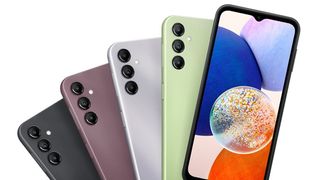
Available only in basic black (color options will vary by country), the Samsung Galaxy A14 5G comes equipped with a slightly larger 6.6-inch screen. More so than its size, however, it’s the screen resolution and type that will make the difference: it’s a Full HD+ LCD edge-to-edge Infinity-V screen with a much higher 2,408 x 1,080 resolution.
This is likely something you’ll notice, so if you plan to watch a lot of movies, review photos and videos, surf the web, and game, you’ll have a much more pleasant experience with the bright and crisp screen on this phone. However, this phone’s refresh rate is a modest 90Hz, so while you’re getting better picture quality, you’re not getting the same motion performance.
The phone itself is a smidge bigger and thicker than the Moto G 5G (2023), which makes sense given the slightly larger screen. It’s also marginally heavier, but not by any degree that you’d really notice. The Galaxy A13 5G is made of plastic as well, which helps keep the cost down. It does not cite any water resistance rating, though you can probably expect the same minor splash protection against rain droplets and slight moisture. Nonetheless, keep it away from bodies of water.
Samsung does not state the rated battery life for the Galaxy A14 5G other than to say it lasts “day and night.” With the same 5,000mAh battery, however, you can expect it to be comparable to the Motorola G 5G (2023). This phone strangely, however, only comes with 64GB internal storage. While you can expand this to 1TB via an optional microSD card, it’s unfortunate that the built-in storage is so low, especially considering 128GB is considered entry-level these days.
Like with the Moto G 5G (2023), you can customize the look of the screen by leveraging Samsung’s One UI user interface overlay, which works over top Android. You’ll also get Google Assistant along with a single SIM design, USB-C, and headphone jack, and it does include NFC support. The Samsung Galaxy A13 5G also has Bluetooth 5.2 versus 5.1, which can afford a stronger connection and enable multi-streaming. Also worth mentioning is that, at the time of this writing, the Galaxy A13 5G comes with six months of free SiriusXM streaming. However, it oddly only comes with a single speaker, so you won’t enjoy stereo sound.
Moto G 5G (2023) vs. Samsung Galaxy A13 5G: The specs
We’ll get deeper into features like the operating system, processing speed, and cameras. First, let’s look at the core specs.
| Header Cell - Column 0 | Moto G 5G (2023) | Samsung Galaxy A13 5G |
|---|---|---|
| OS | Android 13 (My UX) | Android 13 (One UI) |
| Colors | Ink Blue, Harbor Grey | Black (varies by country) |
| Screen Size | 6.5 inches | 6.6 inches |
| Screen Resolution | 1,600 x 720 | 2,408 x 1,080 |
| Processor | Snapdragon 580+ | Exynos 1330 |
| RAM | 4GB | 4GB |
| Storage | 128GB | 64GB |
| Memory Card Slot | Yes (up to 1TB) | Yes (up to 1TB) |
| Camera | 48MP Rear, 8MP Front | 50MP Rear, 13 MP Front, 2MP Macro, 2MP Depth |
| Speakers | Stereo Speakers | Single Speaker |
| Battery | 5,000 mAh | 5,000 mAh |
| NFC | No | Yes |
| Bluetooth | 5.1 | 5.2 |
| Water Resistant | No (repellant) | No |
| Cellular | 5G | 5G |
| Size | 6.45 x 2.95 x 0.3 inches | 6.6 x 3.07 x 0.36 inches |
| Weight | 189 grams | 204 grams |
You can see via this list how there are some distinct ways that these two phones stand apart from one another, but also how very similar they are as well. This makes the decision between them even more difficult. So, let’s dive deeper to help you choose.
Moto G 5G (2023) vs. Samsung Galaxy A14 5G: Usability, cameras, and more

When it comes down to it, it’s really how these phones work and operate. And there are a few differences between the two budget phones.
The Moto G 5G (2023) runs on Android 13 and has a Snapdragon 480+ octa-core processor. As noted, the 120Hz refresh rate makes gaming, watching videos, and more a smooth and lag-free experience. However, as noted, the screen resolution isn’t nearly as high as with the Samsung Galaxy A13 5G, so there’s a trade-off there.
Complementing the visual experience are stereo speakers with support for Dolby Atmos. You’ll get an acceptable 4GB RAM, which is nothing to write home about but should be sufficient to meet basic video watching, web surfing, and light multitasking.
The cameras are where the Moto G 5G should shine. The phone has a 48MP quad-pixel rear camera along with an 8MP front camera. Among the many photo features include unique ones like auto smile capture, RAW photo output, and watermark and, for the selfie camera, face beauty, group selfie, selfie photo mirror, and gesture selfie.
It’s only a double-camera system with a quad-pixel system, offering better light sensitivity for night shots. There’s no dedicated macro camera but there is a feature called Macro Vision to allow for detailed close-up shots. But keep in mind that many reviewers are disappointed with the camera, finding that it delivers inconsistent results. Resolution and quality are good enough for casual social media sharing, so this is what you can expect to do with the photos.

Also running Android 13 with the promise of at least two OS upgrades and four years of security updates, the Samsung Galaxy A14 5G has an Exynos 1380 octa-core processor and a decent 90Hz refresh rate. Along with the single speaker, it has 4GB RAM, but Samsung adds a feature called RAM Plus that reportedly intelligently expands memory using storage as virtual memory to help apps launch more quickly.
The Samsung Galaxy A14 5G has a better triple-lens camera system with a 50MP main camera and 13MP front selfie camera, both higher resolution than the Moto G 5G, along with a 2MP Macro camera for close-up shots and a 2MP Depth camera. You can expect to get much better pictures, both main and selfies, with this camera.
Moto G 5G (2023) vs. Samsung Galaxy A14 5G: Which should you buy?
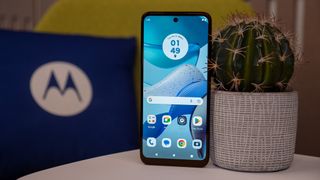
It’s a difficult decision when considering the Moto G 5G vs. Samsung Galaxy A14 5G. They are both affordable, budget phones that each have different trade-offs. The Moto G 5G has compelling features like stereo speakers, a water-repellent design, 128GB built-in memory, and a 120Hz refresh rate. But the camera leaves much to be desired, you don’t get NFC, and you get the older Bluetooth 5.1 version.
The Samsung Galaxy A14 5G has some good features on its own, including a better camera system, built-in NFC, Bluetooth 5.2, RAM Plus, and a gorgeous, high-definition screen. You also get the benefit of half a year of SiriusXM streaming included, and the ease with which you can connect to other compatible Samsung Galaxy devices, from a tablet to earbuds. But its refresh rate is a bit lower, it’s not water resistant, only has a single speaker, and limits built-in storage to just 64GB.
It's really a matter of going through the trade-offs in each device to consider which you’re willing to give up and which are dealbreakers. Comparatively, the Samsung Galaxy A14 5G may be the better device overall given that it’s imperative to have a clear, crisp, and bright screen on a smartphone along with a good camera. If you go this route, however, you’re best to pick up a microSD card to expand storage along with a protective case.
If neither of these phones suits you, check out a selection of the best cheap Android phones to consider other models from Samsung, Motorola, and other brands that fall into a similar price point.

A fun, entry-level phone
If you’re looking for a budget phone for fun, like for a teenager or elderly parent who will only be using it sparingly and for simple tasks, the Moto G 5G (2023) is a decent option. It won’t suffice for taking brilliant photos but you can easily multitask and get things done as needed. If these trade-offs are too much, however, you might want to look at a slightly more expensive model in the line.

Some trade-offs
You'll have to deal with some trade-offs with the Samsung Galaxy A14 5G, including only getting a single speaker, no water resistance, and only 64GB internal storage. With at least two OS updates and four years of security updates, however, it’s a decent investment. But if you’re looking for more, there are other Galaxy devices that cost a bit more with premium features that might make it worth the upgrade.
Be an expert in 5 minutes
Get the latest news from Android Central, your trusted companion in the world of Android

Christine Persaud has been writing about tech since long before the smartphone was even a "thing." When she isn't writing, she's working on her latest fitness program, binging a new TV series, tinkering with tech gadgets she's reviewing, or spending time with family and friends. A self-professed TV nerd, lover of red wine, and passionate home cook, she's immersed in tech in every facet of her life. Follow her at @christineTechCA.
-
davinp 2 things I don't like about the Moto G 5G - no NFC and only 1 major Android update.Reply
The Samsung A14 5G does have NFC and Samsung promises 4 major Android updates, so it will get Android 15
NFC is a necessity for tap and pay, so I don't know why Motorola put NFC on its budget phone whereas other OEMS do.
We should not have to buy a new phone every 2 years to get the latest version of Android, so 1 major Android upgrade is not enough
